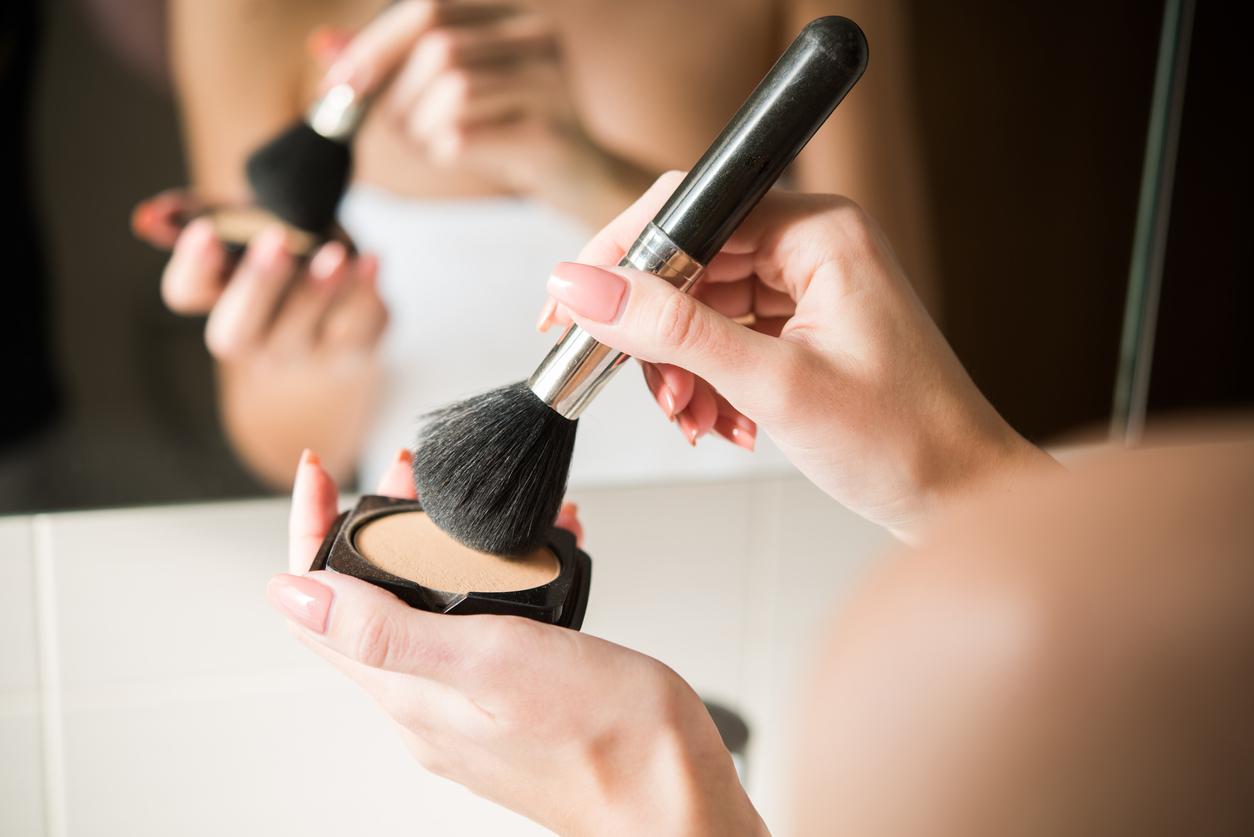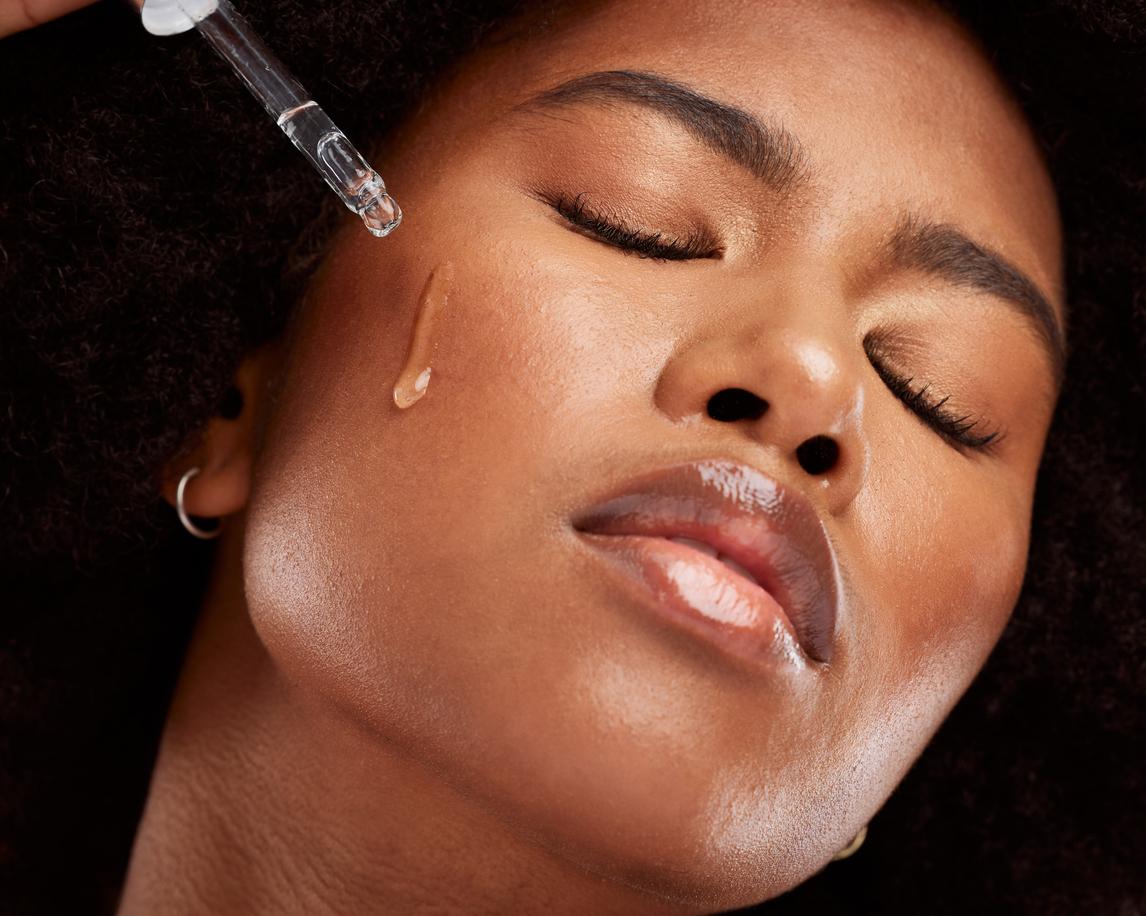By 2020, if the Minamata Convention is adopted by the 140 signatory countries (including France), no cosmetic product should contain mercury derivatives. All ? Not really … Mascara, one of the most common make-up products, would not be affected by this ban. However, there is no need to immediately throw away your mascara in the trash: there is actually very little risk that it contains mercury. And, if so, it is in a tiny amount. Indeed, the distribution of creams and soaps containing mercury or derivatives has been banned in the European Union since 2009 with the exception of 2 preservatives contained in products for the eyes: sodium ethylmercury thiosalicylate and phenylmercury and its salts. The concentration of these mercury derivatives should not exceed 0.007%.
According to the Minamata Treaty (named after a Japanese city that experienced significant mercury pollution in the 1950s), eye cosmetics are exempt from the neurotoxic embargo because “there are no safe and effective alternatives. available “. Clearly, we do not know how to make mascara without mercury. Finally, the UN Convention only reaffirms European legislation but at a global level.
Cosmetics are not all safe
Already in March 2012, the Food and Drug Administration (FDA), the American public health body, alerted consumers to the risks incurred when using cosmetics containing mercury derivatives. The main products implicated were anti-dark spot, lightening and anti-wrinkle creams. The FDA reminded that mercury can cause kidney failure, affect nervous systems and prevent the proper development of the brain of a fetus. You can also get intoxicated just by breathing in the fumes of these products.
In France, for many years, the Ansm (National Medicines Safety Agency) has focused consumers’ attention in particular on lightening methods intended for black and dark skin: “This practice is based on the use of either medicines. with strong lightening potential and diverted from their medical indication, either counterfeit or illicit lightening products, most often containing topical corticosteroids with very strong activity such as hydroquinone, or even derivatives containing mercury “. These products can cause “the appearance or worsening of skin infections, sometimes very severe acne, wide stretch marks, very unsightly and irreversible, thinning of the skin causing skin problems. healing and sometimes permanent pigmentation disorders “.

















